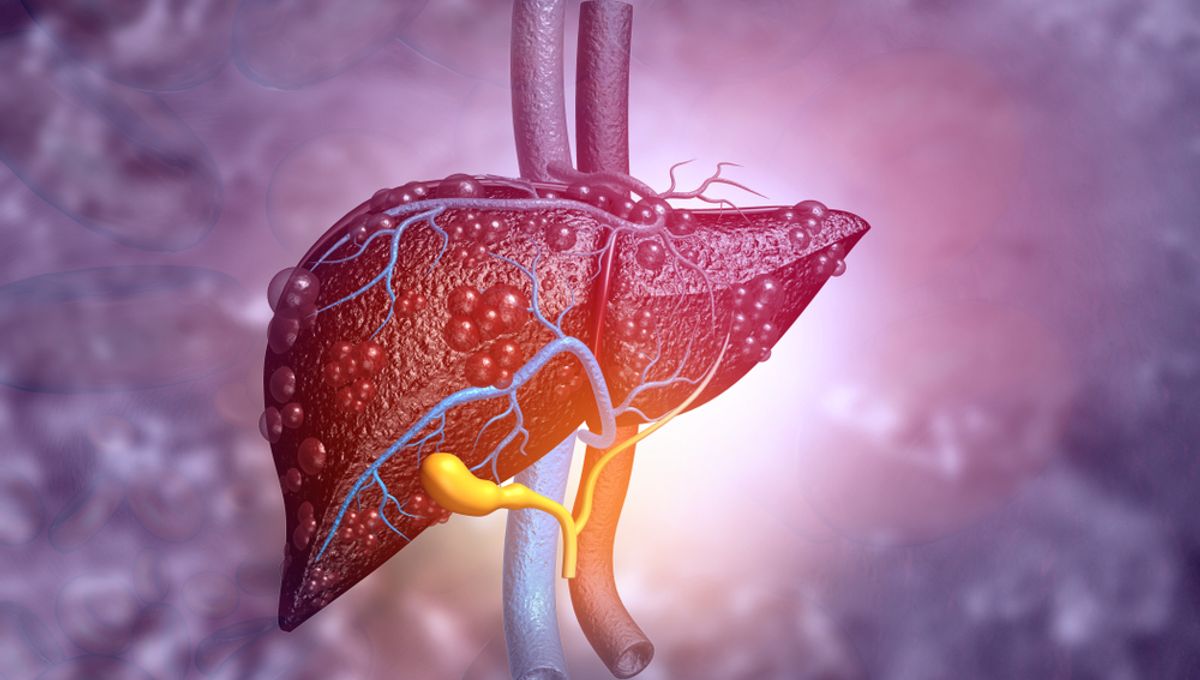
Most of us have just the one liver in our bodies, but a new treatment could see people with severe liver disease grow a second, third, or maybe even fifth. In a world-first trial, one volunteer is soon to undergo the procedure, which could see them grow a second liver and offer a much-needed lifeline.
If this proves a success, future volunteers will test stronger doses, potentially allowing them to develop up to six “mini livers”, according to MIT Technology Review.
Put simply, the approach works by injecting cells from donor livers into the lymph nodes of liver disease patients in the hope that they will give rise to new organs. The donated livers aren’t suitable for transplantation, but can still provide a potentially life-saving treatment option for recipients. Just one liver could help treat over 75 people, the researchers estimate.
“Using these organs that are otherwise discarded to help patients … is revolutionary,” stem-cell biologist Valerie Gouon-Evans, who was not involved in the research, told MIT Technology Review.
Despite the liver’s massive regenerative potential (the average liver cell is never over three years old, FYI), there are some cases of extensive damage from which it can’t recover. In these instances, transplants are often required. However, end-stage liver disease patients aren’t always eligible for transplants as they may be too ill to undergo surgery. Unfortunately, even in instances where transplantation is an option, it’s not quite as simple as swapping one damaged liver for a healthy one.
First of all, there is an insufficient number of donated livers: The average US wait time for a new liver can be up to five years, meaning around 10 percent will die waiting. Those scant donated livers are only viable for a very short period of time – hence the dire need for an alternative, less invasive approach.
Recently, a biotech company hinted at their intention of capitalizing on advances in mice by attempting to create synthetic human embryos, which could be used to harvest transplant organs. It would certainly be one way around the organ donor crisis but raises some potential ethical concerns.
The new treatment from the company LyGenesis could be a less controversial option. So far, the team has had some success in animals, which they hope to replicate in the upcoming human trial. In one study in pigs, for example, researchers grew liver cells in pig lymph nodes to compensate for the original damaged liver.
“Over time, the lymph node disappears entirely, and what you’re left with is a highly vascularized miniature liver that is supporting the function of the native liver by helping to filter the animal’s blood supply,” said LyGenesis co-founder Michael Hufford to MIT Technology Review. “That’s precisely what we’re seeking to do now in humans.”
The treatment will be trialed in 12 adults with end-stage liver disease. The first participant will receive around 50 million liver cells, and this will be upped to 250 million cells – enough to yield five mini livers – in the latter participants. Each will be studied for a year post-injection and will have to take immunosuppressant drugs for the rest of their lives to stop the body from rejecting the new mini livers.
We won’t know the results of the trial until it ends in around two years time, but the researchers are hopeful.
“The program is just getting off the ground,” said Hufford.
[H/T: MIT Technology Review]
Source Link: World-First Trial Could See Patients Grow Up To Five Mini Livers